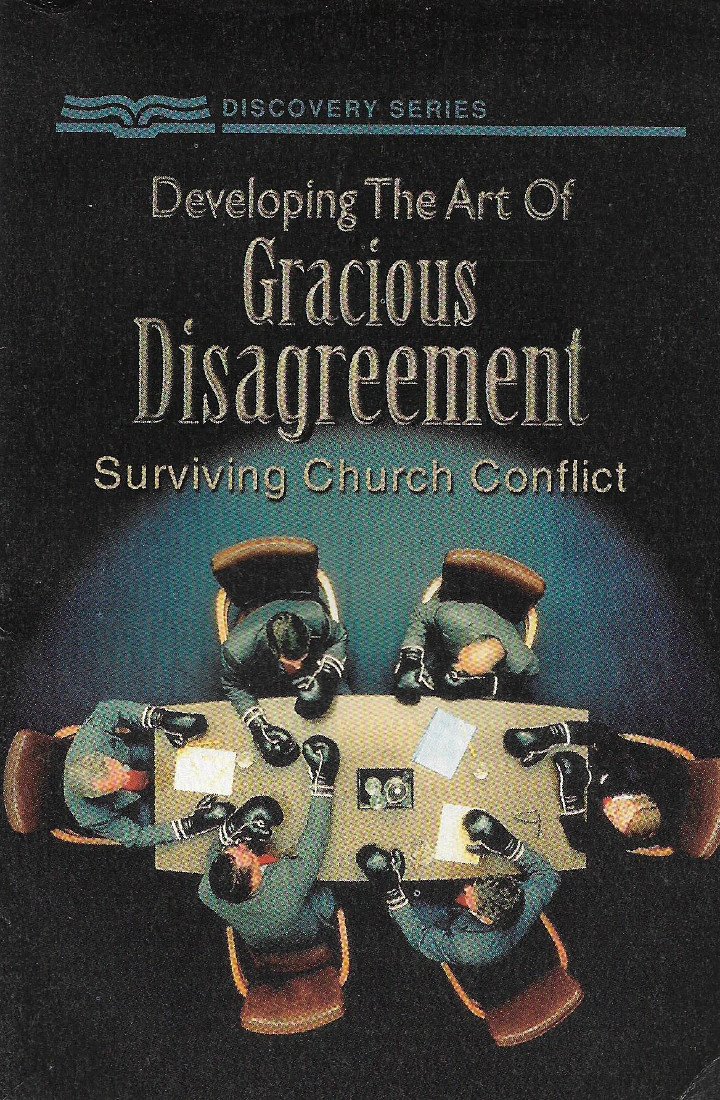Unity should mark the church that was purchased by the blood of Christ. Though the church comprises diverse peoples (Jews and Gentiles), it is one. This unity is not the same as uniformity, where there are no differences.
One look at the global church today will reveal many differences—different ethnic groups, contexts, languages, church structures, issues, and concerns. However, the church of Jesus Christ has a basic underlying unity that is far more important than all the differences and provides a way of dealing with them.
Here, Paul emphasises how the church is to be “one”. Note that our oneness is rooted in the oneness of the triune God. This passage is Trinitarian: one God and Father (Ephesians 4:6), one Lord (Ephesians 4:5), and one Spirit (v. 4). Though there are three Persons in the Trinity, they are one (John 10:30) and they act together as one. The Trinity is the source and the standard for unity in the church.
Jesus prayed to the Father for all believers to be “one as we are one” (John 17:22). The Lord had a great vision for His church as He prayed that His followers would be “brought to complete unity” (John 17:23). Such unity is possible only through the grace and power of the triune God.
Paul mentions the Father who is “over all and through all and in all” (Ephesians 4:6). The “all” refers to the believers. We worship the same God who rules over us all, have the same salvation experience as the same God works within us, and are united in a common mission and ministry as He works through us all. This is how the church experiences unity.
The unity in the church is doctrinal (“one faith and hope”; common beliefs and values), liturgical (“one baptism”; common traditions and rituals), and corporate (“one body”; we function organically as one).
Why do Christians quarrel over minor and unimportant differences when they have so much in common? We worship the same God and Father who is at work in us, and we share the same resources He has given so generously. We should celebrate and live out this unity so that the world may believe Christ (John 17:23).
Consider this:
Make a list of what is common in all churches. How does focusing on what we have in common help us deal with our differences?
Excerpted and adapted from Journey Through Ephesians by Robert M. Solomon. ©2015 by Robert M. Solomon. Used by permission of Discovery House Publishers. All rights reserved.
Related Resources:
Developing the Art of Gracious Disagreement.. Friction and discord happen within the body of believers; however, God has provided the tools you need to survive conflict. Find out how you can disagree in a healthy way and avoid the dangers of bitter disputes. Find out more here.
Back to Finding Rest for the Soul


